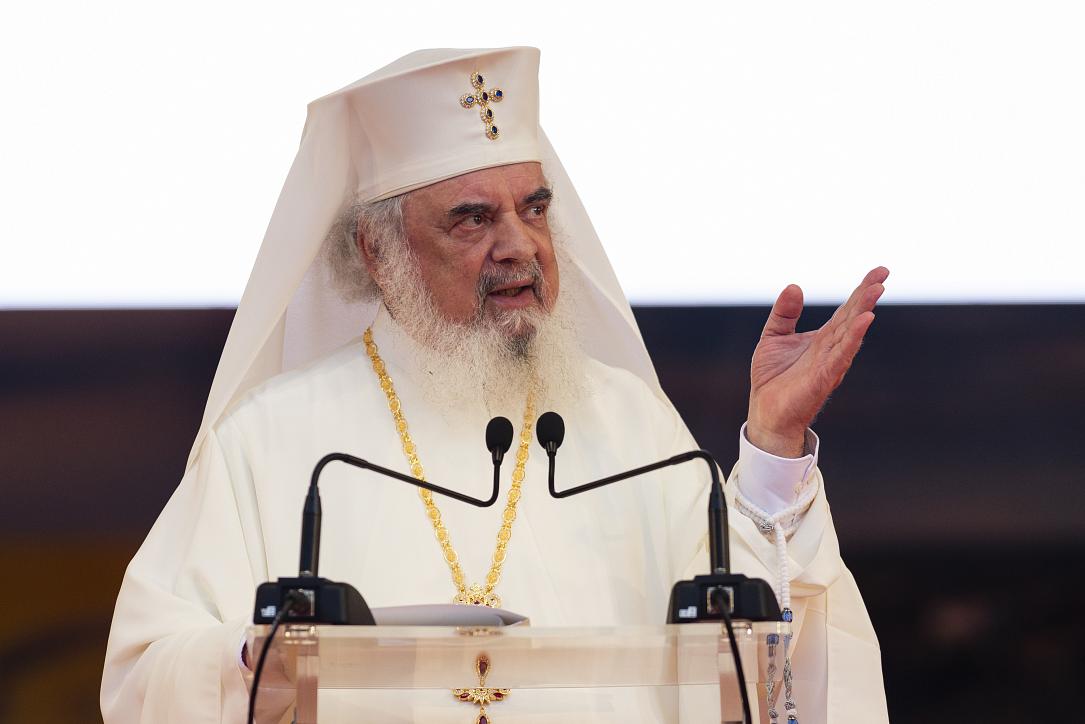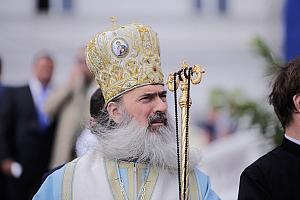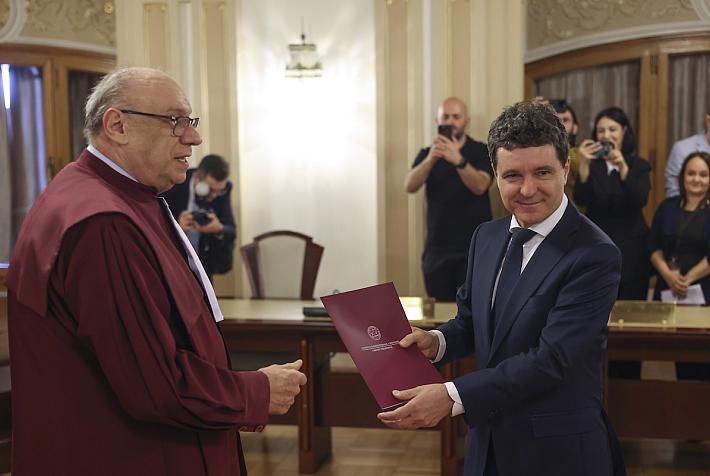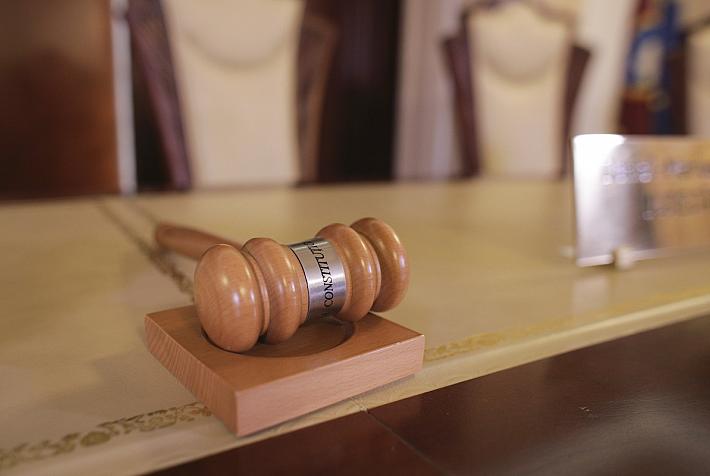Romanian Orthodox Church readying mechanism to sanction corruption internally

Patriarch Daniel, the head of the Romanian Orthodox Church, recently launched a proposal that would allow him to sanction corrupt bishops in the Church, something that is currently impossible.
The Patriarch, through the Permanent National Church Council, proposed the establishment of "Canonical Bodies for Legal and Financial Control" within the Orthodox Church - effectively internal anti-corruption control bodies. These would be coordinated under the trust of the Patriarch of Romania or the Metropolitan, by an episcopal vicar, according to the BOR's statement. The proposal would criminalize corruption and influence peddling in the internal regulations of the Church, according to G4Media.
The Patriarch will likely choose the coordinator of this new legal and financial control body, which will monitor potential acts of material corruption, embezzlement, illegal fund acquisition, bribery, receiving bribes, influence trafficking, and buying influence.
If the BOR Synod approves these proposals, it will be the first time the Patriarch of the Orthodox Church will have a tool to sanction corruption among high-ranking clergy. Currently, the Patriarch lacks such a tool for exercising authority, its decentralized leadership making it almost impossible to remove a bishop from office by the Patriarch. Such an institution, once established, could contribute to reforming the Church, which is often plagued by priests or hierarchs suspected of corruption.
Patriarch Daniel's proposals came after the National Anticorruption Directorate (DNA) announced the initiation of criminal proceedings against Archbishop Teodosie for influence peddling. In the same case, an advisor within the same Archdiocese of Tomis is also under criminal investigation for complicity. The case was opened following an investigation by independent journalism platform Recorder. Teodosie allegedly promised an amount of RON 160,000 (EUR 32,200) to a businessman (a witness in the case), representing 20% of the RON 800,000 (EUR 161,000) he was supposed to obtain for the Archdiocese of Tomis, by using the influence he claimed to have over decision-making officials within the State Secretariat for Religious Affairs.
The Permanent National Church Council (an executive central body of the Holy Synod) recently approved that practical proposals for supplementing measures to sanction corruption in the Church be presented for analysis and approval at the next working session of the Holy Synod. The BOR Synod is the highest authority of the Romanian Orthodox Church.
(Photo source: Inquam Photos | Cornel Putan)












